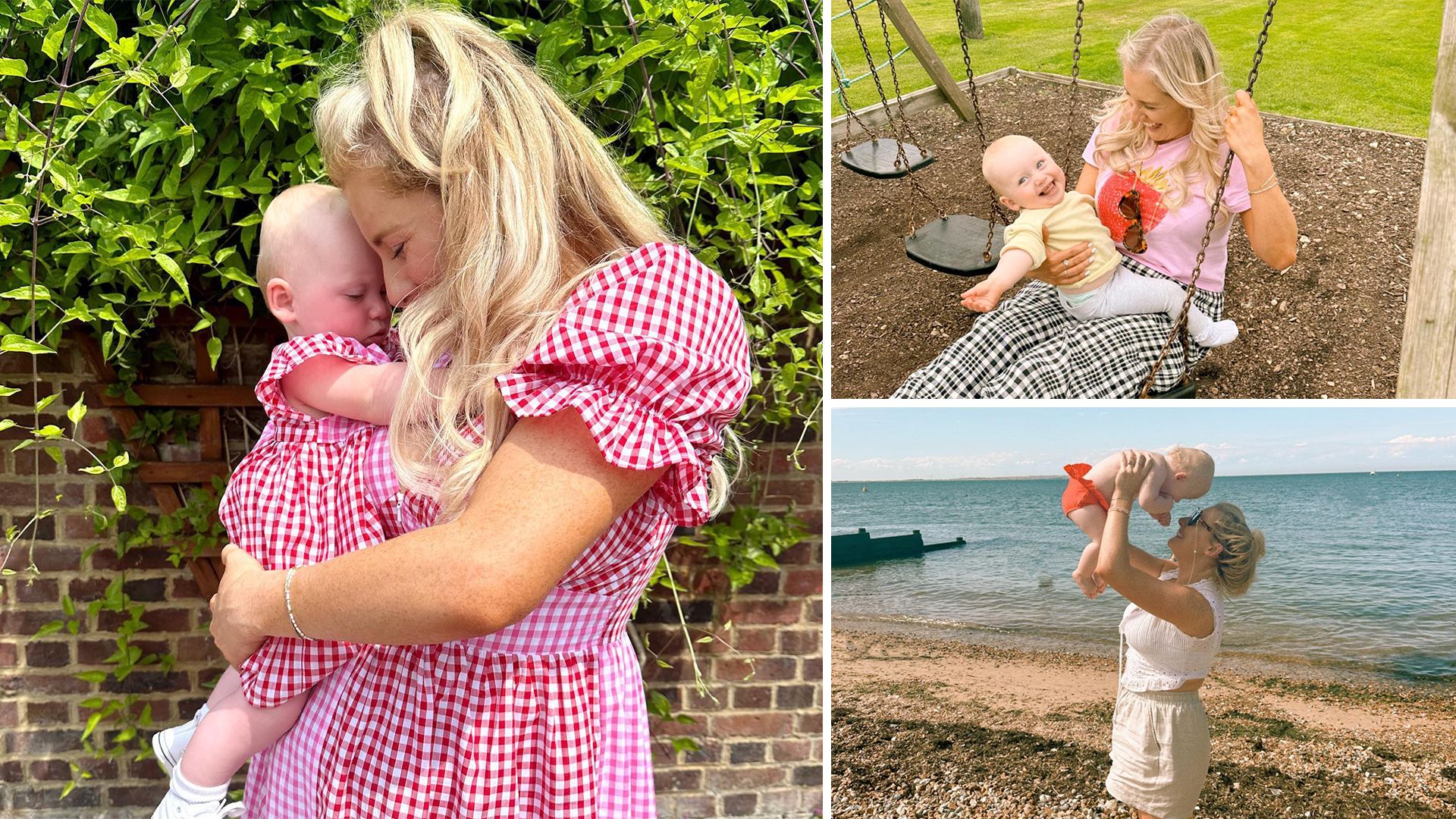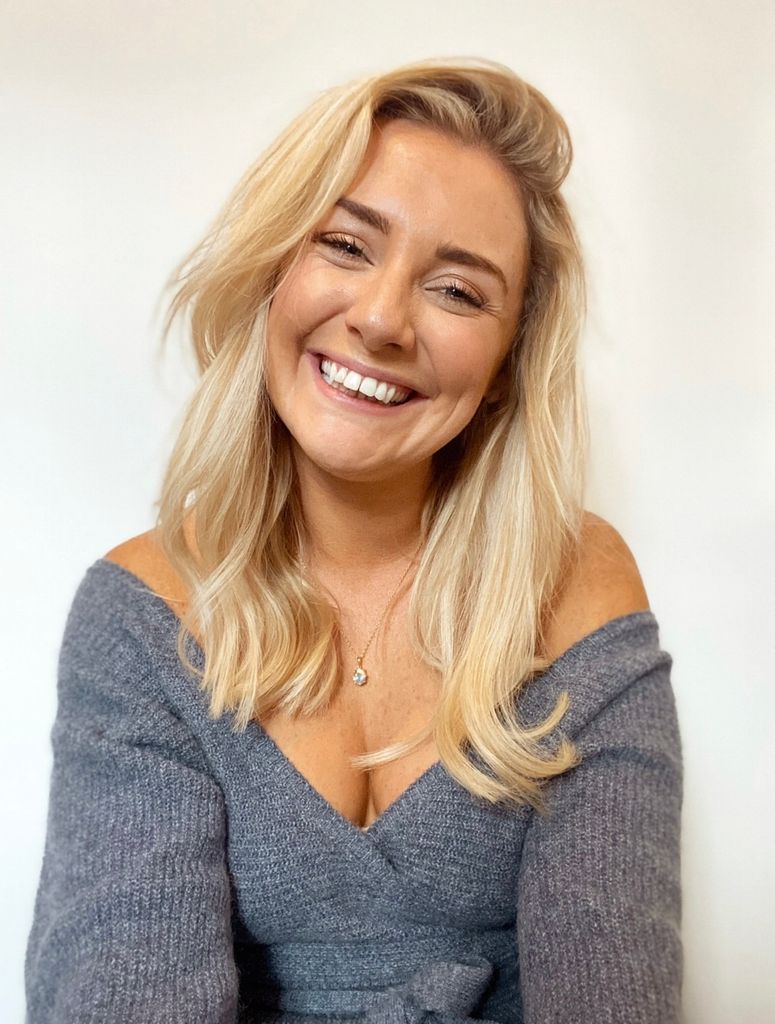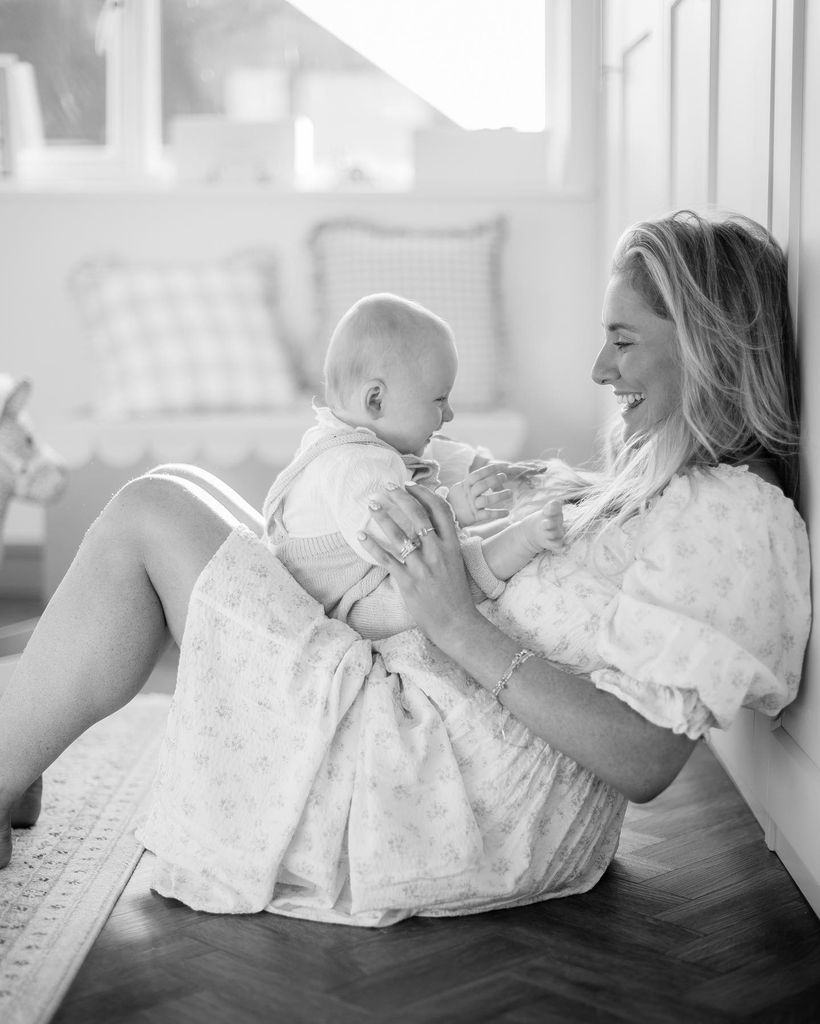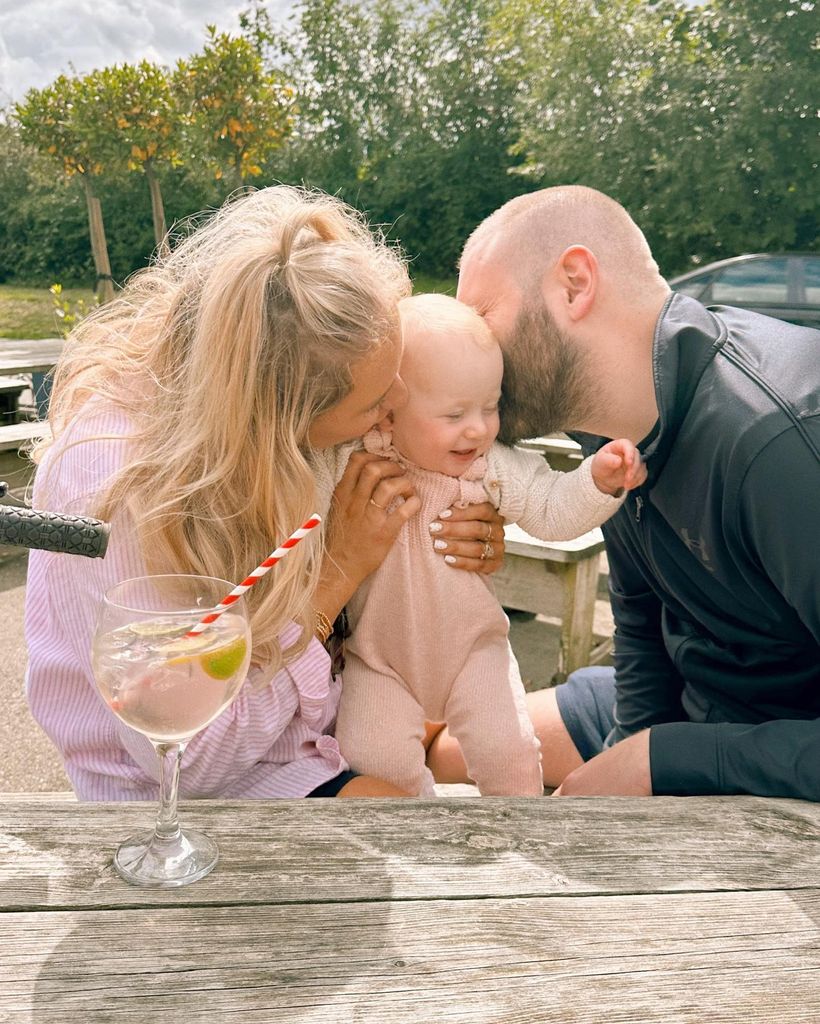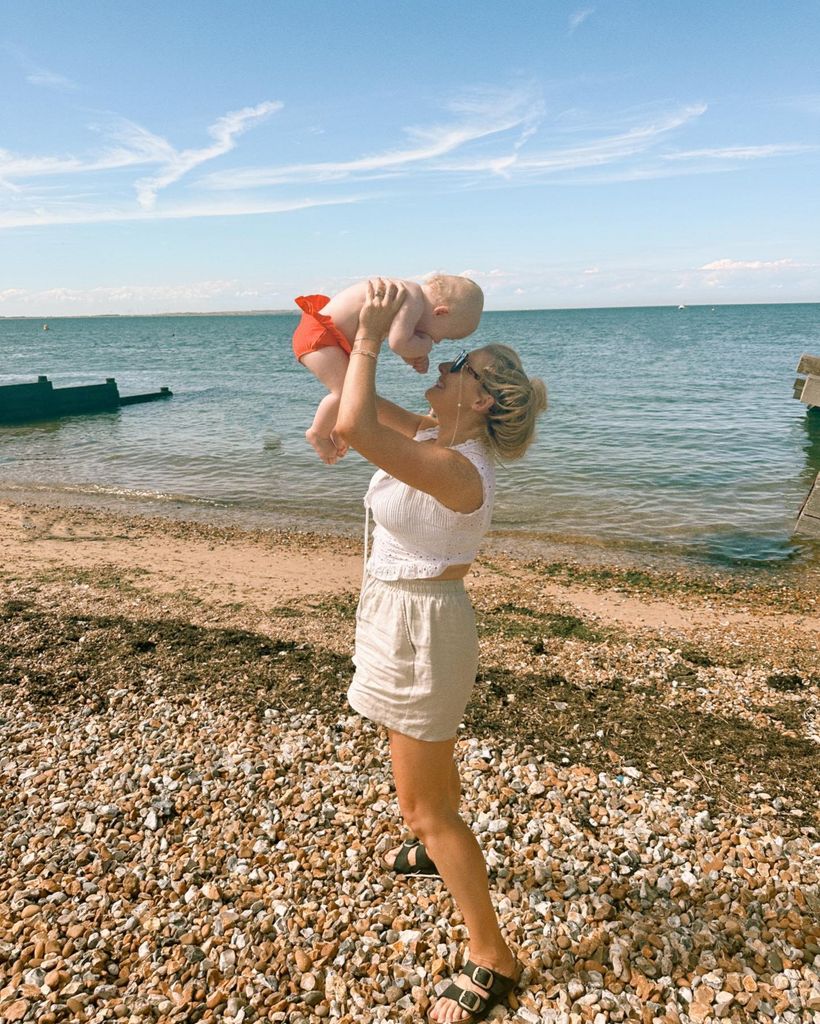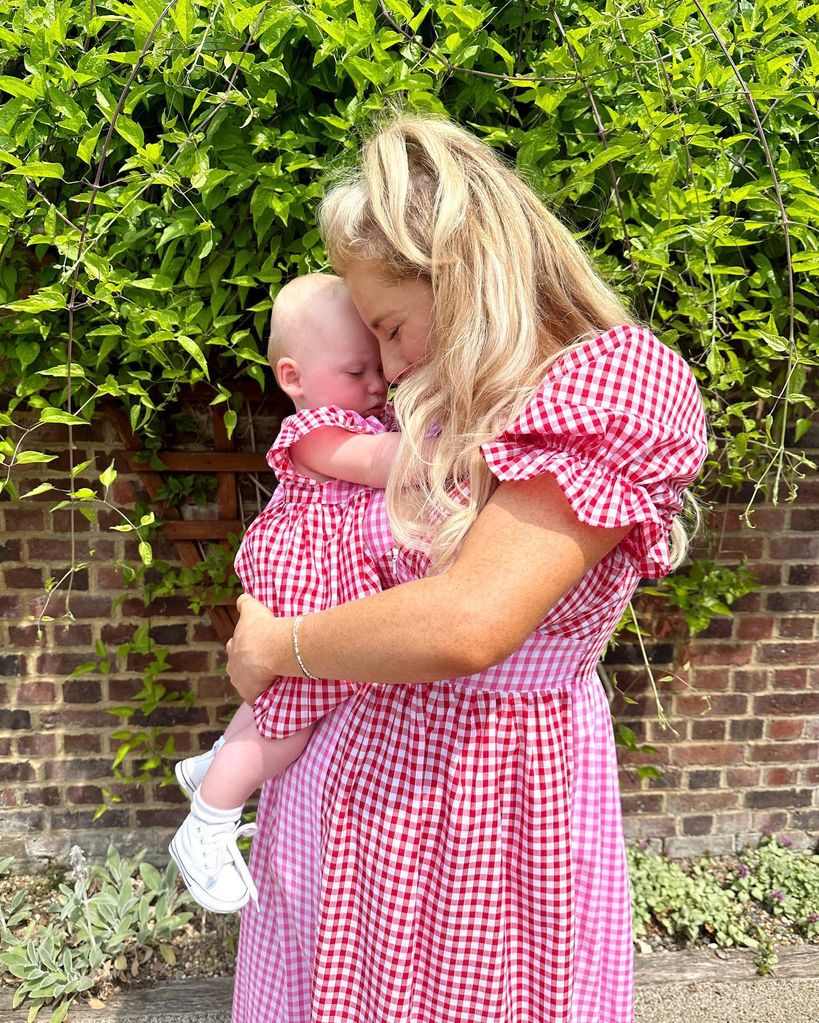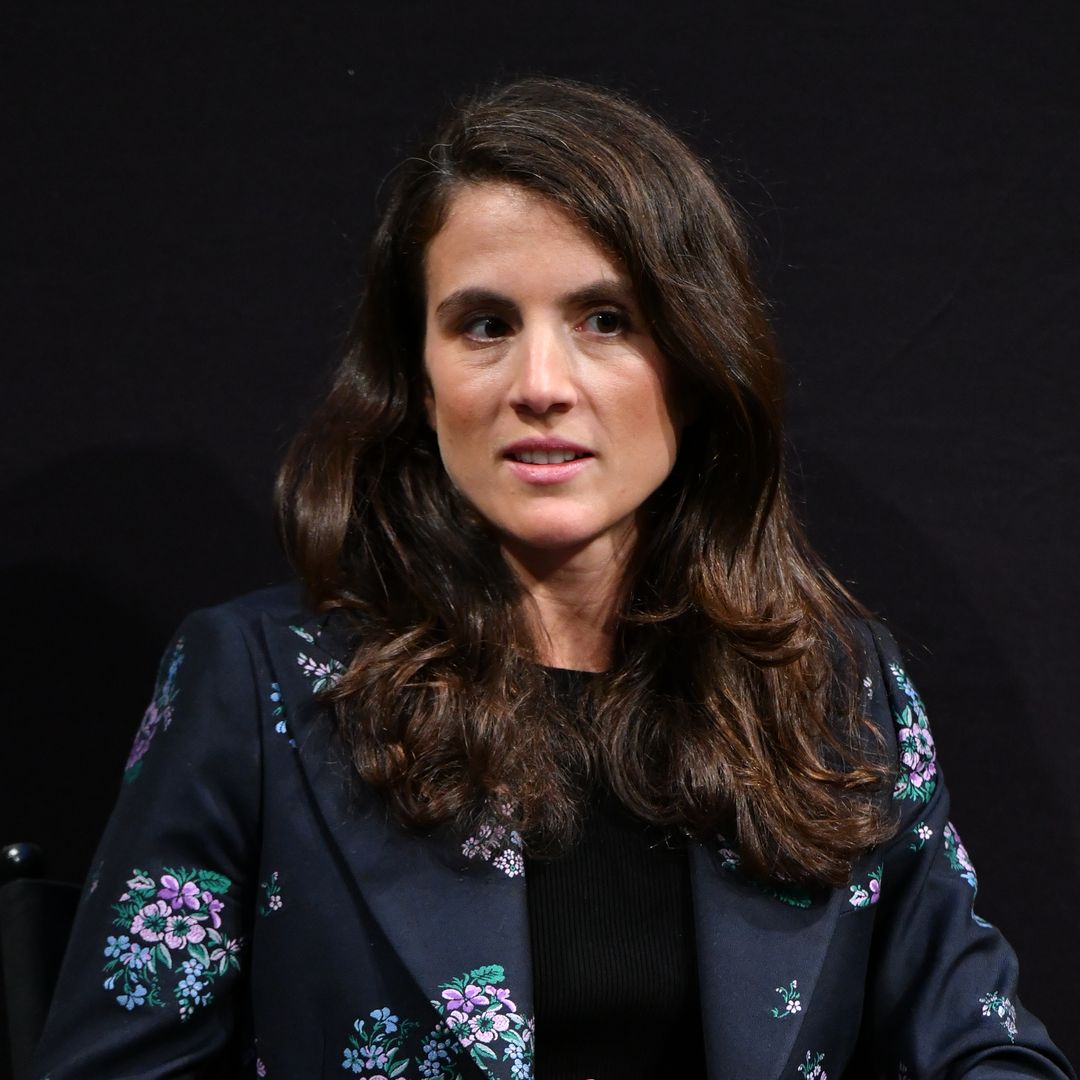As I sat down to write this article - ready to reflect on my early days of motherhood, I braved the utter shambles that is my bedside table and pulled out my old journal.
That lilac scribbled diary serves as a record of the chaotic, wonderful and often painful period after my daughter was born sixteen months ago.
As I scanned my words, those already distant moments that had previously been a blur in my memory instantly came flooding back. I was transported back to scrawling in the dark, running on minimal sleep, love, adrenaline and my newfound love for coffee, and it made me realise how far we’ve come together.
"I don’t know whether I’ll ever understand how it’s possible to feel so much darkness and so much love and joy simultaneously," I wrote in March last year, just six months in.
A joyful start
Having battled on and off with my mental health since a teen, the fear of postpartum depression had lingered for a long time even before I fell pregnant, overshadowing any concerns about the actual pregnancy or birth.
But despite a challenging birth experience, the initial weeks with my daughter were so positive. In contrast to what I feared, I felt an instant connection with that incredible little person and although it was of course daunting, it all felt so natural. I was fortunate enough to be cocooned in support from my husband and those close to me and any thoughts that tried to push their way in were treated as moments, or waves that I was able to ride and push back out.
For those first few weeks, months even, we lived in a sheltered newborn bubble of love and distraction. However, around three months postpartum, something changed. The world started spinning again as it always had, and although Pennie and I had found our own routine, there were fewer distractions.
Loneliness as a new mum
My days became more and more overshadowed by intrusive thoughts - of the birth and eventually new situations I played out in my mind. I struggled to manage daily tasks and started disassociating.
My usual bubbly, extroverted self became a mask I struggled to wear and I found myself recoiling from company, unable to engage in conversation or any sense of being present.
I was permanently around people (as well as never without one certain tiny person) but I’d never felt so lonely. It was as if my light had gone off. But I’d been here before, I’d made it through a bought of depression six or so years before and I knew what to do.
READ: Why you really need to schedule some alone time this month
Seeking help
I decided to seek professional help, reaching out to therapists and opening up to my husband. But unlike before, this time they struggled to get through. I remember feeling like I must be past the point of help. I wondered, 'Maybe I’m too far gone this time or I’m just not cut out for this'.
I felt like a failure and so ashamed. As an online content creator who used to have 'no such thing as TMI' in her bio, I’ve never shied away from subjects that some would see as taboo. I’ve always been open about even the unglamorous parts of physical health and talk candidly about mental health. However, this felt different.
I knew how unbelievably lucky I was to have this tiny baby, and to be bringing her up in a safe, warm home with support around me. I knew others had it way worse, so what was wrong with me? Why couldn’t I just pull myself together and crack on like the millions of women before me?
NEED TO KNOW: Is this the reason we're all so exhausted right now?
Breaking point
That guilted comparison, shame and silence is what floored me. As I left my fourth trimester, I reached breaking point and became convinced that my family would be far better off without me.
One afternoon, desperate for help, I contacted PANDAS perinatal mental health charity. The validating space and listening ear they offered is what led me to a 111 appointment and eventually a diagnosis of PTSD as well as a prescription for medication.
Despite my initial resistance, the medication became a crucial tool, providing a stepping stone to implement additional strategies - even the more simple ones like getting outside.
With each week I was able to respond more and more to therapy, start slowly re-engaging with life, and crucially, talk about what I was going through.
I’d left my online work abruptly to prioritise my health, but as I returned, I tried articulating what I could from the reality of my postpartum struggles in the bid to help rid some of the shame I, and perhaps others, felt.
The response, both online and from those in my personal life, was overwhelming. I was suddenly part of a hidden network of shared experiences and nurturing hugs from those whose stories had also been steeped in silence.
Self-compassion
It helped me realise that what I was still lacking in my recovery was self-compassion. Understanding that what I was experiencing is so common - that it doesn’t make me a terrible parent or person, and it’s why talking and being part of a community is so important.
Despite NHS statistics indicating over 10 per cent of women, along with fathers and partners, struggling with postnatal depression, stigma is still rife even in 2024.
The romanticised, outdated notion that motherhood is the pinnacle of a woman's existence fuels feelings of failure when, for whatever reason, that is not reality. The absence of a traditional 'village' around new parents coupled with the fast pace of modern life, exacerbates the challenges of those early days.
We’re tribal creatures living in isolation. And that glass screen is often the place we seek regulation, education and community - both a blessing and a curse.
One year on
Now, nearly a year since asking for help, I find myself in a starkly different place. While I wish the early days weren’t how I once described as 'robbed from me', they paved the way for the indescribable joy I now feel in even the smallest moments, liberated from the suffocating fog in my mind.
What I learnt in the first year of motherhood
2) Never feel guilty for being a human with real, messy human feelings
3) Healing is not a linear process
4) It's okay to grieve - whether that’s time, moments or your previous life
5) You’ve got this, and even when you haven't, you'll get it back again.
